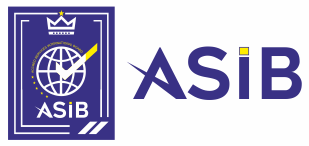ISO/IEC 17065 Accreditation
- Home
- ISO/IEC 17065
ISO/IEC 17065 Accreditation
ISO/IEC 17065 Conformity assessment — Requirements for bodies certifying products, processes and services
It establishes requirements for certification bodies to ensure they operate competently, impartially, and consistently when providing certification for products (e.g., consumer goods), processes (e.g., manufacturing methods), or services (e.g., IT or management systems).
For certification bodies, achieving ISO/IEC 17065 accreditation signifies the highest level of competence, impartiality, and consistent operation. This internationally recognized standard outlines the rigorous requirements bodies must meet. It helps them effectively and reliably certify a wide array of offerings, fostering consumer confidence and facilitating international trade.
ISO/IEC 17065 applies to any organization that certifies products, processes, or services. This includes everything from consumer goods and food safety to environmental management and energy systems. The standard covers their entire operation. It details how they must assess, decide, and monitor conformity.
Benefits of ISO/IEC 17065 Accreditation
- Enhanced Credibility and Market Access: Accreditation builds strong trust with clients, regulators, and everyday consumers. It proves your body is competent and fair. This opens doors to international markets. Many global trade agreements require accredited certification. It shows your commitment to widely accepted quality.
- Improved Operational Efficiency and Consistency: Implementing the standard leads to smoother, more predictable assessment processes. It helps cut down on mistakes and makes better use of resources. This efficiency saves time and money. Consistent operations mean every client gets the same high level of service.
- Competitive Advantage Accredited certification truly sets a body apart. It shows you are a leader in the field. This gives you an edge over unaccredited competitors. Clients are more likely to choose a body they know operates to global best practices.
Management Systems
ASIB Accreditation on Management Systems



